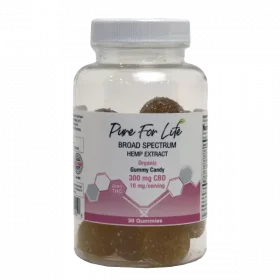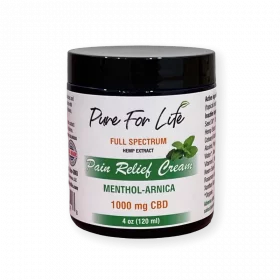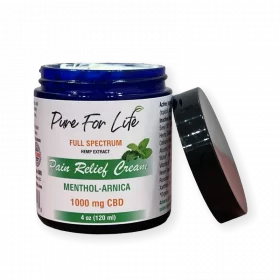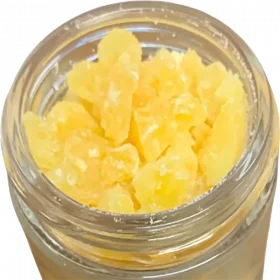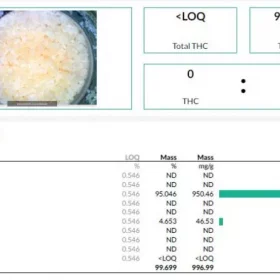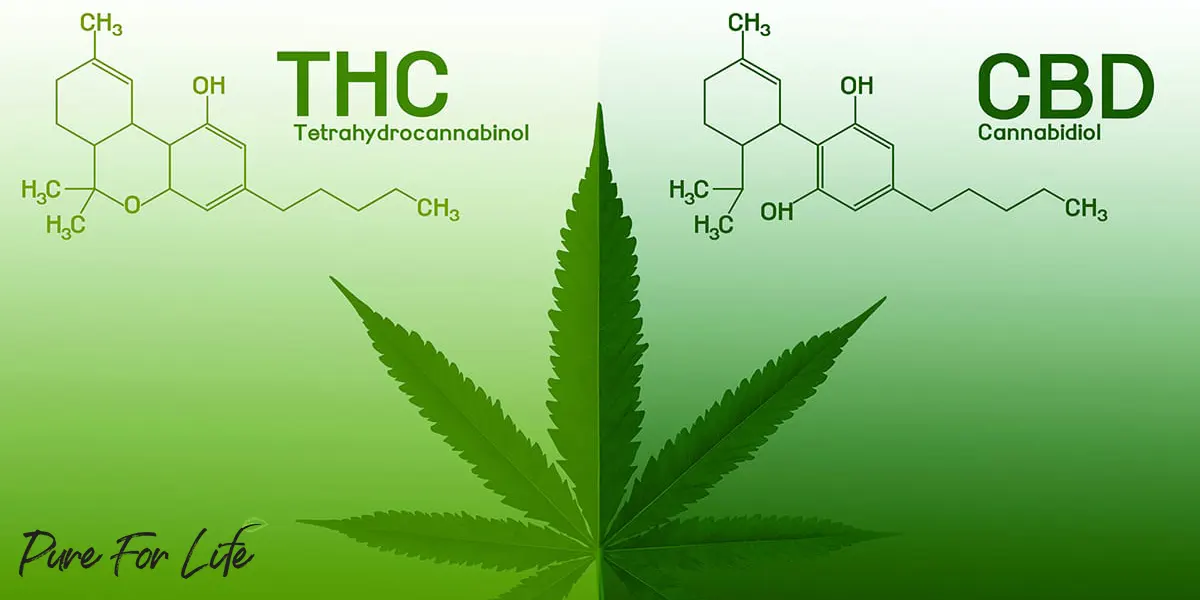In recent years, there has been a growing interest in the potential health benefits of cannabis and its components. Two compounds, in particular, have gained significant attention: cannabidiol (CBD) and delta-9-tetrahydrocannabinol (THC). While both CBD and THC are derived from the cannabis plant, they have distinct properties and effects. In this article, we will explore the key differences between CBD and THC, shedding light on their uses and potential benefits.
What is CBD?
CBD, short for cannabidiol, is one of the many cannabinoids found in the cannabis plant. Unlike THC, CBD does not have psychoactive properties, meaning it does not cause a “high” sensation. CBD is typically extracted from hemp, a variety of cannabis with low THC levels. It is available in various forms, including oils, tinctures, capsules, creams, and even edible products.
The Therapeutic Potential of CBD
CBD has gained recognition for its potential therapeutic benefits. Studies have shown that CBD may have anti-inflammatory, analgesic (pain-relieving), and anti-anxiety properties. It is often used by individuals seeking relief from chronic pain, anxiety, insomnia, and other conditions. Moreover, CBD has been approved by the U.S. Food and Drug Administration (FDA) as a treatment for certain types of epilepsy.
At Pure For Life™, we are a leading provider of high-quality CBD products. We offer a wide range of CBD-infused items that are carefully formulated to meet the needs of our customers. From CBD oils to topicals, our products undergo rigorous testing to ensure purity and potency.
Understanding THC:
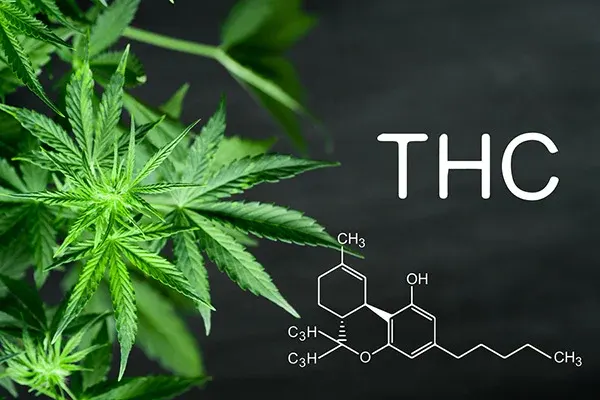
The Medical Applications of THC
While recreational use of THC is prevalent, it also holds potential medical benefits. Studies suggest that THC may help with pain relief, nausea and vomiting associated with chemotherapy, and muscle spasticity in conditions such as multiple sclerosis. However, due to its psychoactive effects, THC is subject to legal restrictions and is not suitable for everyone.
The Key Differences:
1. Psychoactive Effects:
CBD does not produce psychoactive effects or alter one’s state of mind. It is non-intoxicating and does not impair cognitive function. On the other hand, THC is psychoactive and can induce a euphoric high.
2. Legal Status:
The legal status of CBD and THC varies across different jurisdictions. CBD derived from hemp with less than 0.3% THC is legal in many countries, whereas THC is often regulated and subject to legal restrictions.
3. Medical Applications:
Both CBD and THC have potential medical applications, but they differ in their primary uses. CBD is commonly used for pain management, anxiety relief, and epilepsy treatment. THC is primarily prescribed for its analgesic and anti-nausea properties.
4. Side Effects:
CBD is generally well-tolerated, with few reported side effects such as drowsiness or dry mouth. THC, however, can cause side effects like impaired memory, increased heart rate, coordination problems, and anxiety, particularly at higher doses.
The Entourage Effect:
CBD and THC are not isolated compounds within the cannabis plant. They exist alongside other cannabinoids, terpenes, and flavonoids, which work synergistically to create what is known as the entourage effect. This concept suggests that the combined presence of multiple cannabis compounds may enhance their individual therapeutic benefits.
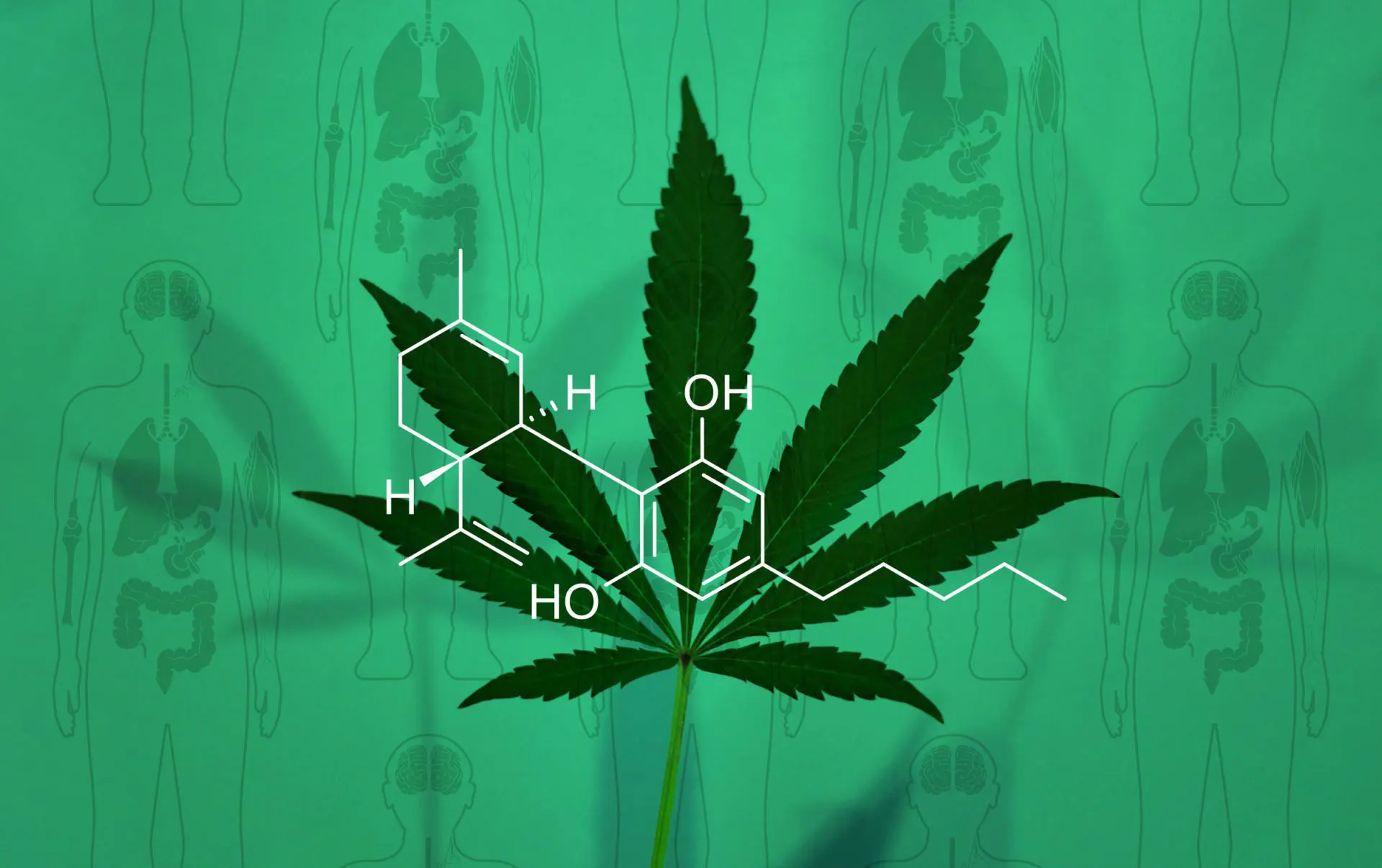
It’s important to note that the optimal ratio of CBD to THC and the specific combination of cannabinoids and other compounds may vary depending on the condition being treated and the individual’s response. Consulting with a healthcare professional experienced in cannabinoid therapy is advisable to determine the most suitable treatment approach.
In Conclusion
CBD and THC are two prominent compounds derived from the cannabis plant, each with its own distinct properties and effects. CBD offers potential therapeutic benefits without psychoactive effects, making it suitable for various conditions such as chronic pain and anxiety. THC, on the other hand, possesses psychoactive properties and is primarily used for pain relief and managing symptoms associated with certain medical conditions. Understanding the differences and potential benefits of CBD and THC can help individuals make informed decisions regarding their healthcare options.
At Pure For Life™, we are committed to providing high-quality CBD products that meet the needs of our customers. Our products undergo rigorous testing to ensure purity and potency, allowing you to experience the potential benefits of CBD with confidence. Whether you’re seeking pain relief, anxiety management, or overall wellness support, our wide range of CBD-infused items can cater to your specific needs. Choose Pure For Life™ for premium CBD products that prioritize your well-being.
Remember, when considering CBD or THC as part of your healthcare routine, it’s crucial to consult with a healthcare professional to determine the best approach for your individual needs and to comply with the legal regulations of your jurisdiction.

